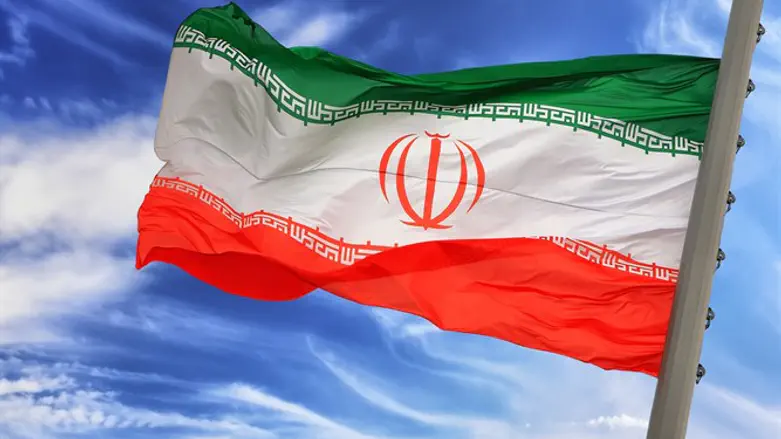
Iranian authorities have overturned a ban implemented by an ultra-conservative council barring religious minorities from standing in municipal polls, i24news reports.
The move paves the way for Jews, Christians, and members of the minority Zoroastrian religion to hold office.
The ban was lifted on the weekend after Iranian authorities ruled that politician Sepanta Niknam, a member of Iran's ancient Zoroastrian religion, had been wrongly suspended from his post on a city council.
Niknam was the only non-Muslim elected to the council in the central city of Yazd in May 2017, but he was suspended by the hardline Guardian Council, which oversees elections, later in the year following a complaint by one of his fellow councilors.
Because the Guardian Council has power only over national elections, the ruling was rejected by parliament, but that did not prevent Niknam's suspension.
Majid Ansari, a member of the Expediency Council which is charged with resolving disputes between Iran's multiple centers of authority, said on Saturday they had finally ruled in favor of Niknam.
"Today, the Expediency Council ruled that the 1996 law on religious minorities is applicable and they can participate in council elections in their town," Ansari was quoted as having said.
He added that Niknam was now free to retake his post on Yazd city council.
Iran officially recognizes "Iranian Zoroastrians, Jews and Christians" as religious minorities. As of last year, the Iranian parliament had one Jew, Siamak Mareh Sedq.
At the time of the Islamic Revolution in 1979, between 80,000 and 100,000 Jews were living in Iran. The remaining Jewish community is estimated to number fewer than 10,000 people.
While Iranian Jews say they “have an easy life,” and that “the government does not create problems for us”, experts believe that Iranian leaders are doing everything they can to display their country’s Jewish population as satisfied, even if they have to resort to fakery to do so.